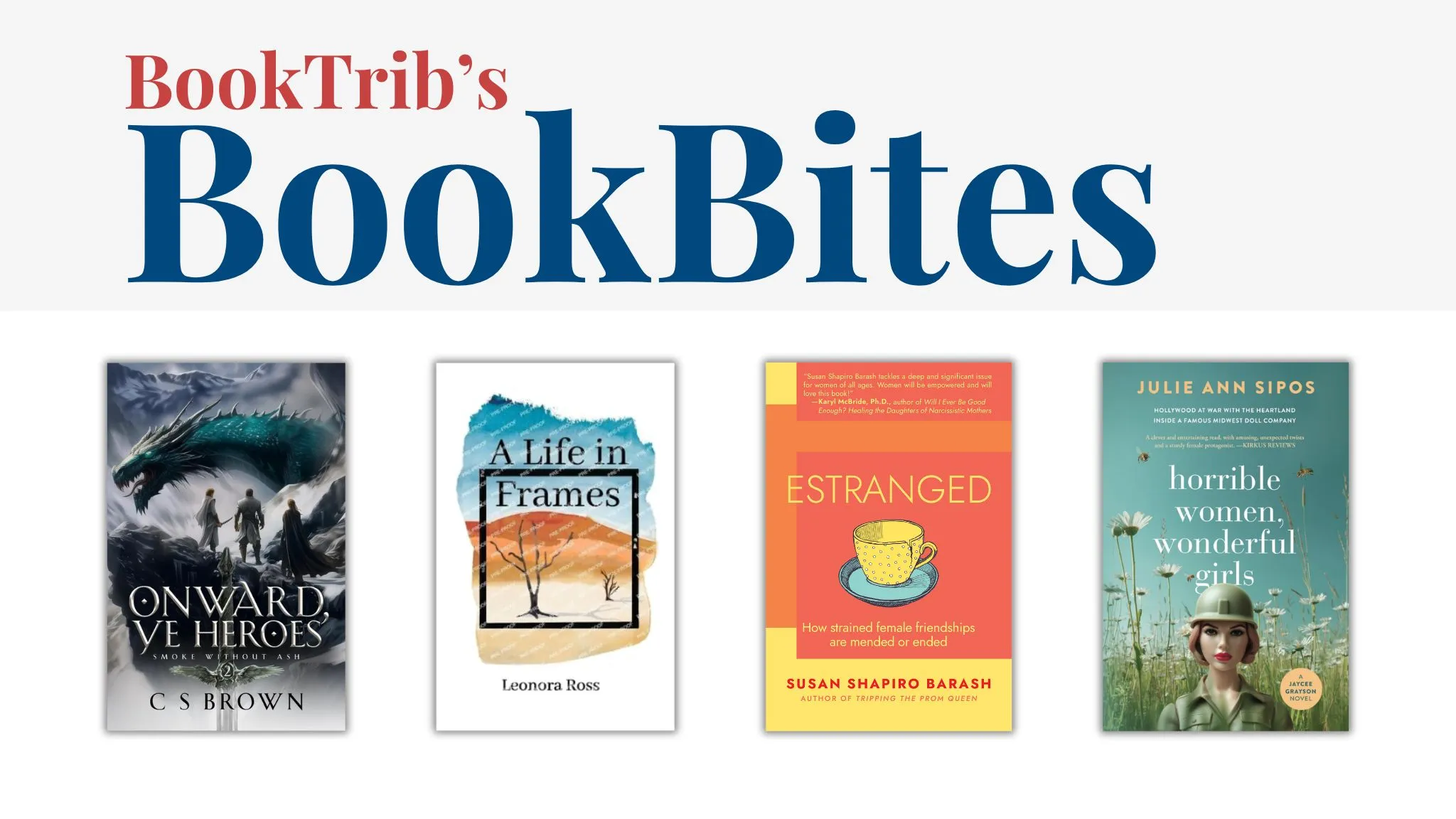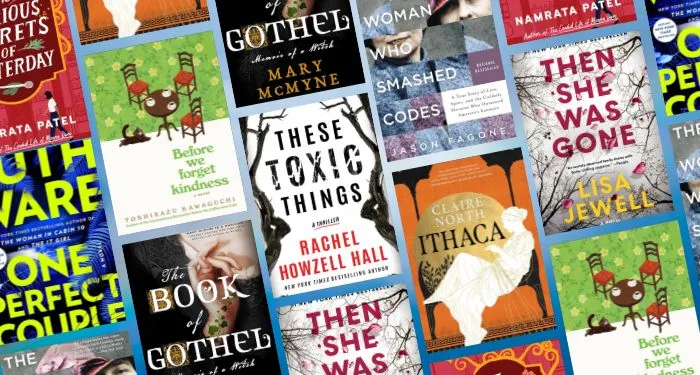The Penguin Book of Dutch Short Stories is an anthology of thirty-six Dutch short stories spanning almost a century and edited by Joost Zwagerman. The majority of the stories appear in the English translation for the very first time, and I am reviewing five of them below.

The Opera Glasses by Louis Couperus (trans. Paul Vincent) – ★★★★1/2
This is a very well-written short story that keeps you on your toes throughout. It is about a young man in Dresden who decides to go and see Wagner’s opera The Valkyrie in theatre one night. He thinks he needs some opera glasses and hastily buys some heavy ones from one sinister-looking optician. What follows when he takes his theatre seat is one bewildering turn of events that even he cannot explain, and it concerns his sudden urges, obsessions and audience fixations. The object in his hands – those heavy opera glasses – may be the cause. Louis Couperus (1863- 1923), one of the renowned Dutch authors, weaves into this effective tale of a “haunted” object the themes of fatalism, premonition, and obsessive thought.
Young Titans by Nescio (trans. Damion Searls) – ★★★★1/2
This is an evocative portrayal of the boundless potential and ambition of youth that meet disillusionment and ultimate resignation later in life. The tale is about a group of five lads in their late teens living in Amsterdam. Bavink, Hoyer, Bekker, Kees and “Koekebakker” (our narrator) think that anything is possible, and that they are “immortals” destined to lead great artistic lives. They read complex philosophical literature, paint, compose poems, fall in and out of love, and criticise their powerful employers. Although poor, they still think they have the last laugh in society or would have one in future: “we took our revenge [on others], we learned languages they had never even heard of and we read books they couldn’t even begin to understand, we experienced feelings they never knew existed“. As the friends continue to dream of becoming great poets, painters and philosophers, struggling with God and their purpose, life happens. This heart-felt tale by Nescio (the pen- name of Jan Hendrik Frederik Grönloh) is about nostalgia, the misleading confidence of youth, and the gradual burial of ambitions and hopes as the boys in the story are drained of their “noble intentions”, earlier creativity and intellectual potential by the societal pressure and money concerns.
Funeral Rights by Belcampo (trans. Richard Huijng) – ★★★★
“To be betrayed by life itself: this is the bitter end of every man”. Belcampo is a pseudonym of Dutch fantasy writer Herman Pieter Schönfeld Wichers, and this is an existentialist tale of a man, an ex-warrior, condemned to slowly die in a dark prison surrounded by meaninglessness and despair, and subsisting only on his memories of happier times. His captors then start to play with him and his fellow cell-mates a cruel, mocking game, taunting them with food and pleasure. The translation is a bit wonky here, but this is still an immersive, dark, progressively suspenseful tale that is also likely an allegory of the human life full of competition, and the fleetness of human pleasure and happiness on Earth.
The Kid with the Knife by Remco Campert (trans. Donald Gardner) – ★★★1/2
This story’s opening paragraph alone can make you dizzy: “You only had to snap your fingers and it was party-time. Summer or winter, it made no difference, the evenings and nights reeked of alcohol. At 3 a.m. anything was possible: you could do a handstand on a genever bottle, fly to New York, get a job as a farmhand and lie in the corn, become stinking rich overnight and, years later, full of champagne, drown in a swimming pool on a moonless night.“
This story is about a rarity at a teenage party – a kid who does not drink. His name is Oscar and he is a photographer. He is now being cornered by other boys at the party, Dick and Wessel, and Oscar starts to show them a knife he has in his hands. Quickly, the other boys persuade Oscar to demonstrate to them his knife-throwing skills. The target? It is near Bella, a twenty-year-old girl. This perplexing, progressively disturbing story probably works and has its spell-binding effect because it is written in the same seemingly careless spirit (between a laugh and apathy) that many a teenager has had. It is almost a passage from a dark academia novel, chapter five or so, and comes from the author once as rebellious – Remco Campert (1929-2022), a writer, poet and columnist.
The Green Dream by Arthur van Schendel (trans. David McKay) – ★★★
This is a tale of Cloverleaf, an eccentric dreamer and fantasist. “Food and drink that everyone enjoyed, like currant bread and milk, revolted him….He did not care for this, he did not care for that, and what he did care for were things he had never really known, things beyond his grasp, like fairies and ambrosia“. This is a quick character-study read about a man in love with colour blue, but detesting colour green. It meshes reality and fantasy as it focuses on colour obsession that soon overwhelms the protagonist with a fevered mind.



















 English (US) ·
English (US) ·